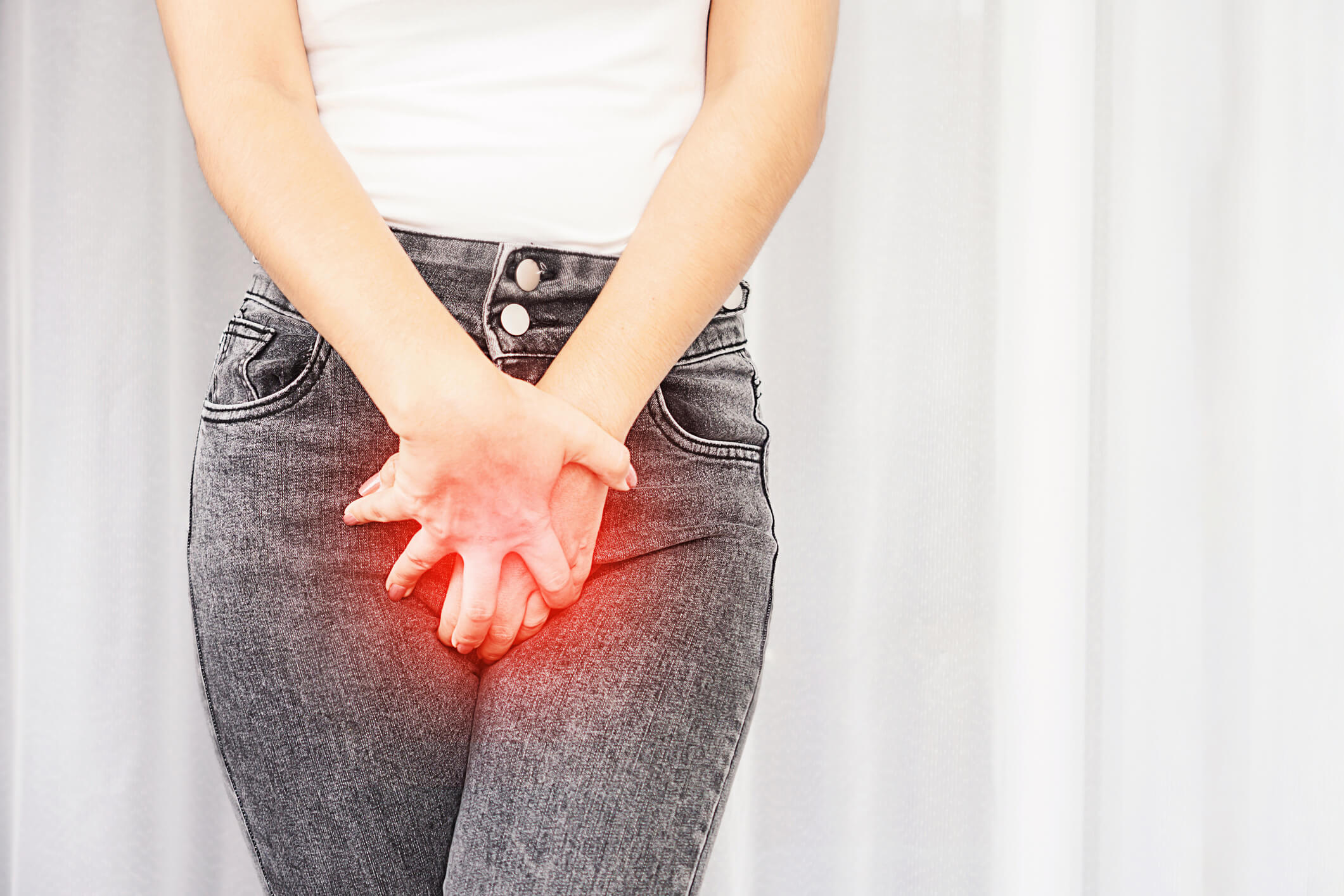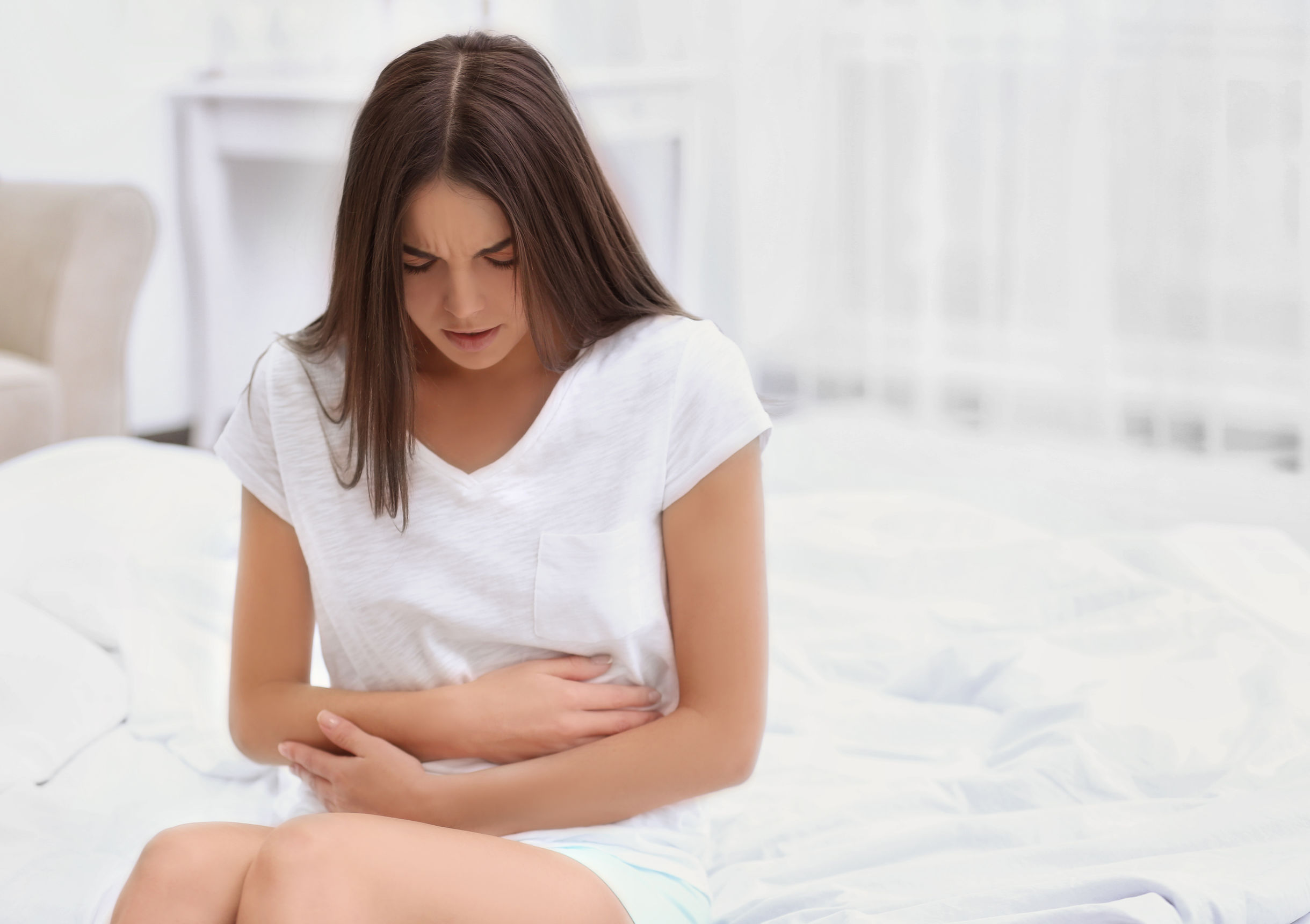Women's Health
Menstrual Problems: A 5 Min Guide To Managing Them (For Women Of All Ages)

Menstrual problems are common amongst all women. A variety of reasons can cause these problems, including hormonal disturbances.
Amenorrhoea – The complete absence of periods or Oligomenorrhea – Irregular/infrequent periods
Primary amenorrhoea is a term given to a girl of 16 or younger who has not yet started her monthly periods. This may occur with or without other signs of puberty.
Causes of this include:
- Being born with incompletely formed genital or pelvic organs
- Hormone problems
- Changes occur to the parts of the brain where hormones that help manage the menstrual cycle are produced
- The ovaries are not working correctly
Secondary amenorrhoea is a term given when a women’s regular menstruation cycle has stopped for over 6 months.
Causes include:
- Hormonal problems: which can be contributed by anorexia; excessive weight loss; depression; excessive Stress
- Problems with the ovaries – specific problems will be discussed at your consultation
Oligomenorrhoea
The causes of oligomenorrhoea can be similar to those of secondary amenorrhoea. A common cause is a condition known as polycystic ovary syndrome (PCOS). You may need to have a ultrasound scan as well as hormonal blood tests performed for further evaluation.
Dysmenorrhoea – Period Pain
Some discomfort around menstruation may be tolerable by most women. However, evaluation is recommended if you have excessive pain needing medication or persistent pain when you are not menstruating.
A common condition associated with dysmenorrhea is endometriosis.
Endometriosis is a condition where the lining of the womb migrates to other areas such as the ovaries/ the external surface of the womb. This can lead to inflammation and pain. Women may have problems getting pregnant if the condition affects the ovaries and fallopian tubes.
Latest Articles
How Are Abdominal Hernias Treated?
What to Expect from Colorectal Surgery
How to Treat Breast Inflammatory Conditions
Gynaecomastia: Understanding Male Breast Cancer
Heavy menses
On average during your period you will up to 80 mls of blood. If you lose more than this you may have menorrhagia.
Signs which may indicate you have heavy periods can be:
- The need to change your sanitary towel every two hours or more than 5 per day
- Passing large blood clots
- Bleeding through to your clothes or bedding. (also known as flooding)
If left untreated, excessive loss of blood each month can lead to anemia (low blood count) which can make you feel tired and weak. This can affect your quality of life and lead to stresses on your body organs including the heart and brain.
There are many conditions that can cause heavy menstrual bleeding, including fibroids which affect 20-30% of women. Fibroids are non-cancerous or benign growths located in the uterus.
Even if no organic cause is found for the heavy menses, treatment in the form of medication is usually effective.
Premenstrual syndrome:
The specific emotional and physical symptoms attributable to PMS varies, but the pattern of symptoms is predictable, occuring consistently during the ten days prior to the start of the menstrual period, and vanishes either shortly before or shortly after the start of menstrual flow.
The most common symptoms noted are: Low mood, Irritability, Breast Tenderness, Bloating.
The normal hormonal changes which occur during the menstrual cycle are thought to be the cause. A course of hormone controlling medication or a change in contraception method depending on the patient’s needs can be considered for treatment.
WHO WE ARE
About SOG Health Pte. Ltd.
Established in 2011, SOG Health Pte. Ltd. (“SOG”) is a leading healthcare service provider dedicated to delivering holistic health and wellness services to the modern family.
With a long and established track record in Singapore providing Obstetrics and Gynaecology (“O&G”) services such as pre-pregnancy counselling, delivery, pregnancy and post-delivery care, the Group has since further expanded its spectrum of healthcare services to include Paediatrics, Dermatology, and Cancer-related General Surgery (Colorectal, Breast & Thyroid).
The Group’s clinics, under its four operating segments of O&G, Paediatrics, Oncology and Dermatology, are strategically located throughout Singapore to provide easy access to its patients.
- Obstetrics
- Gynaecology
- GynaeOncology
- Breast, Thyroid & General Surgery
- Colorectal, Endoscopy & General Surgery
- Dermatology
- Paediatrics
Consult With A Specialist From SOG
Visit one of our specialists today to learn more about your health!
Recommended Specialists
Book An Appointment
Fill up this form and our clinic will get back to you shortly.
For general enquiries, please click here.







